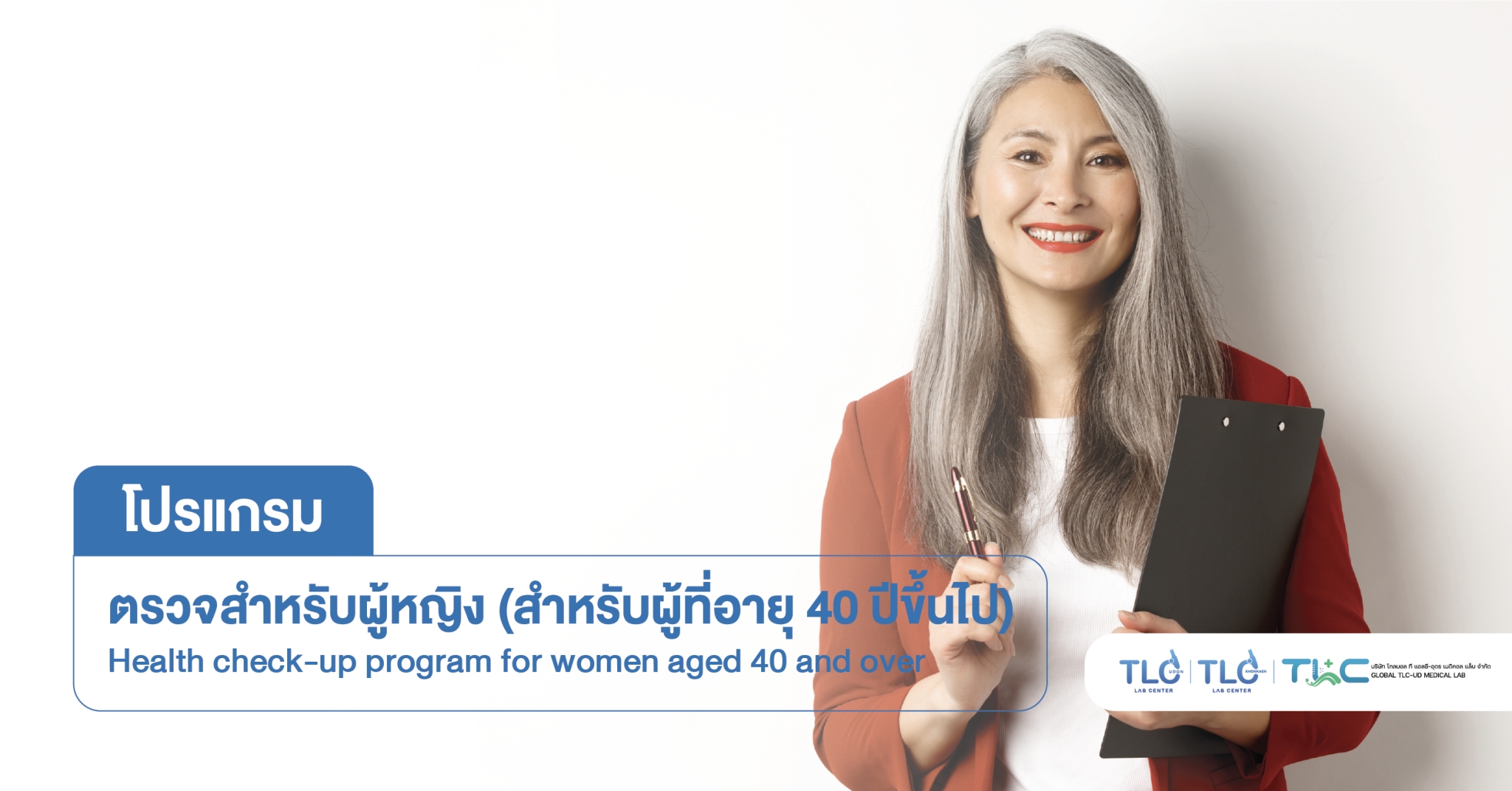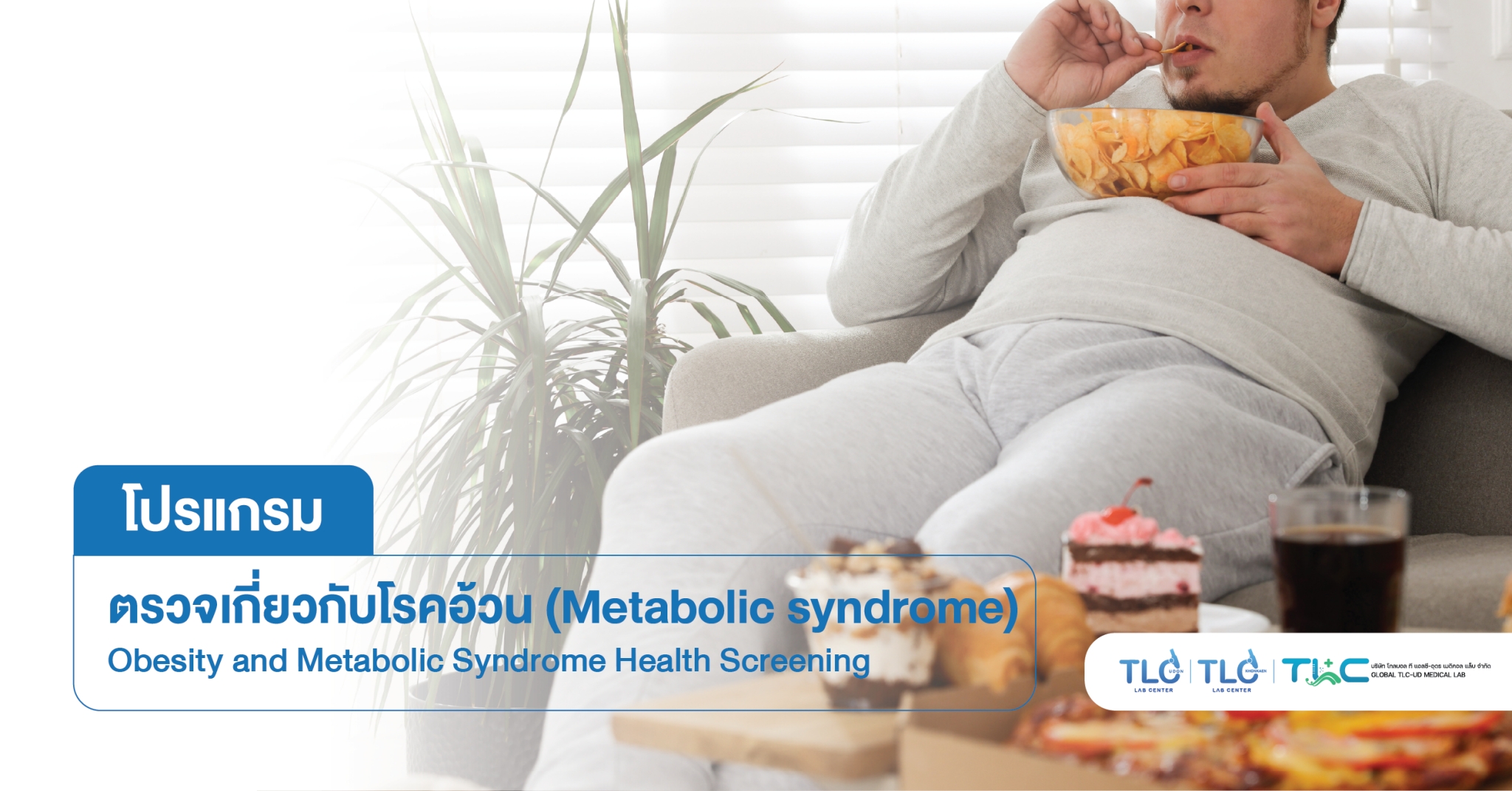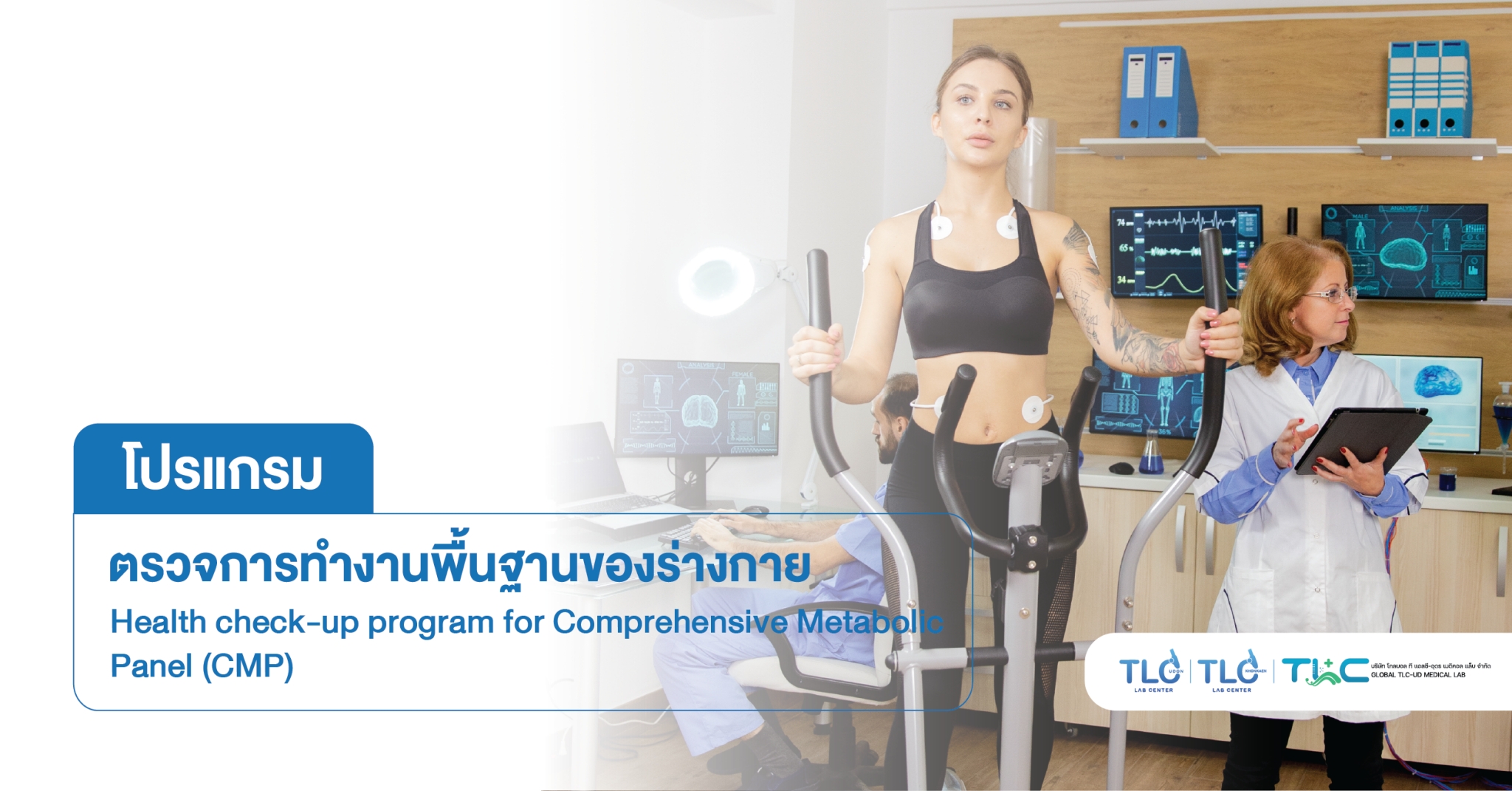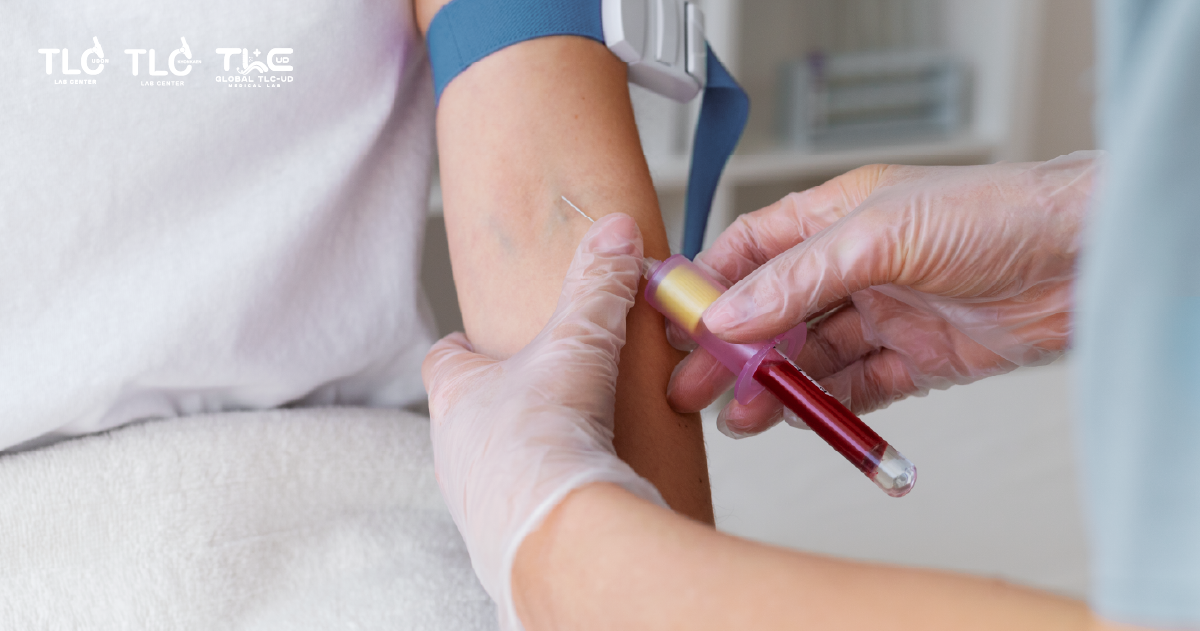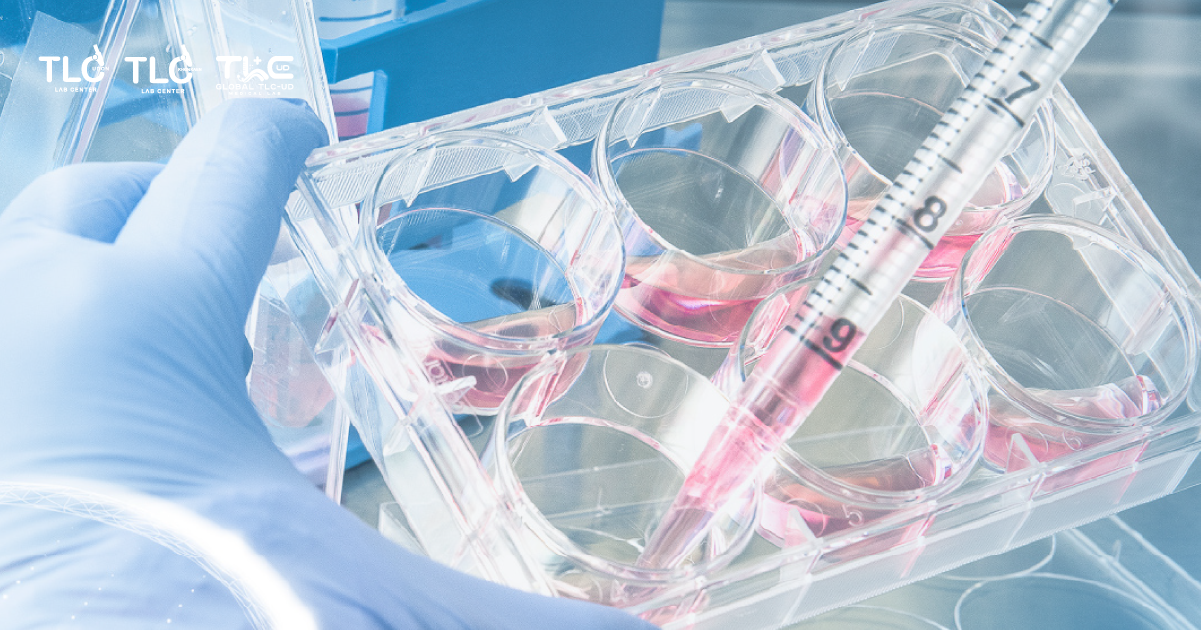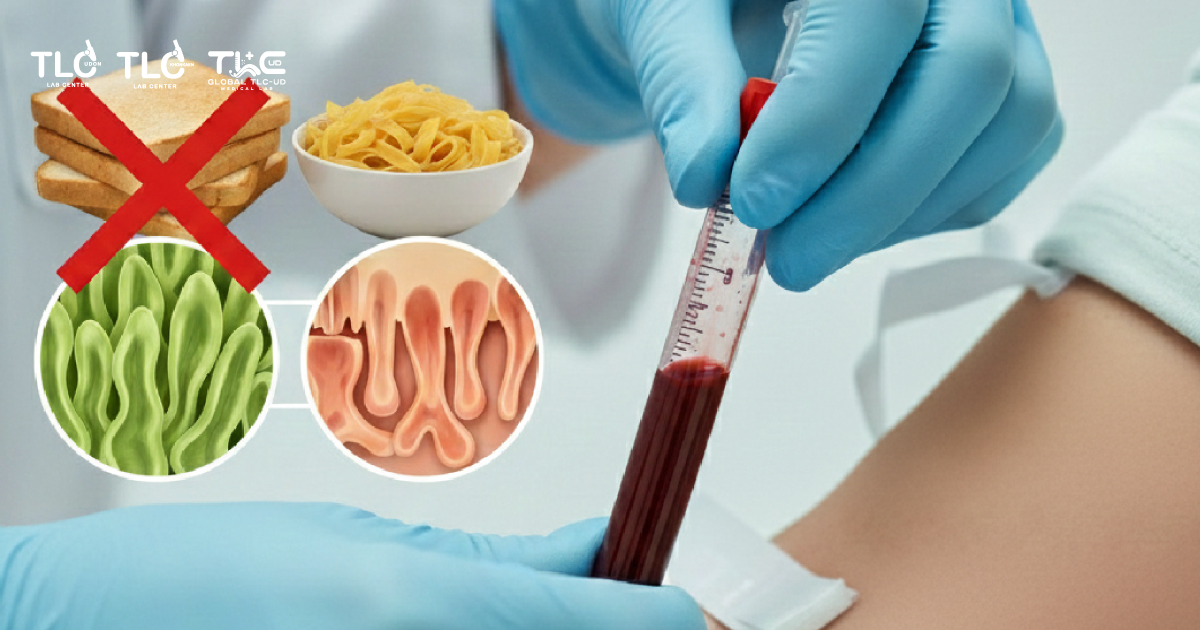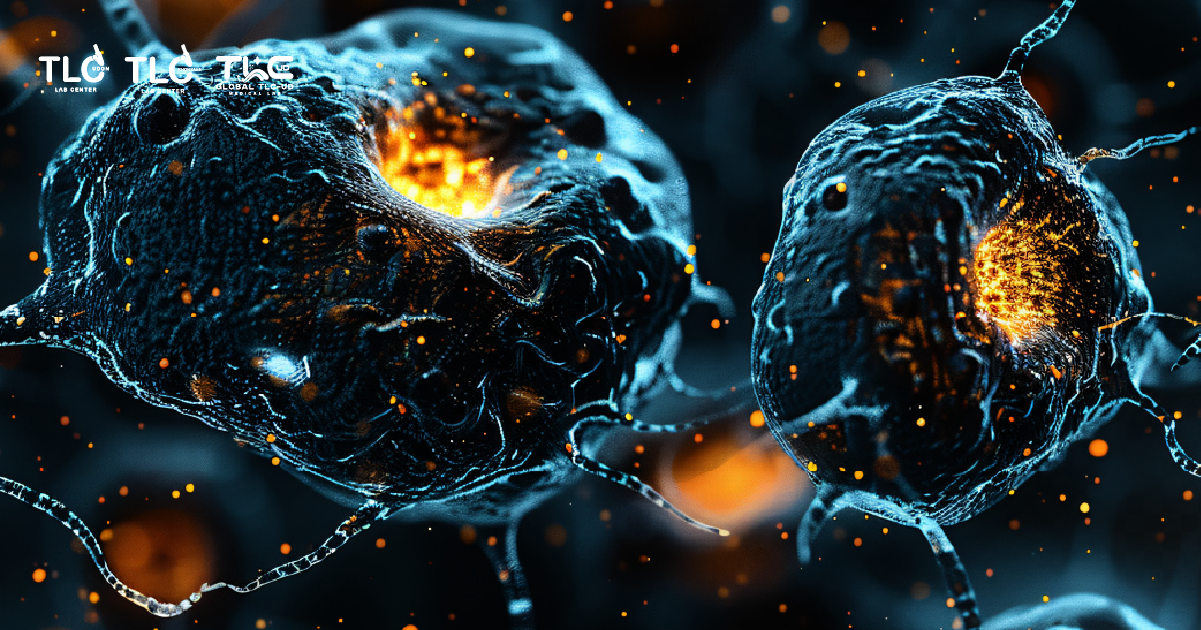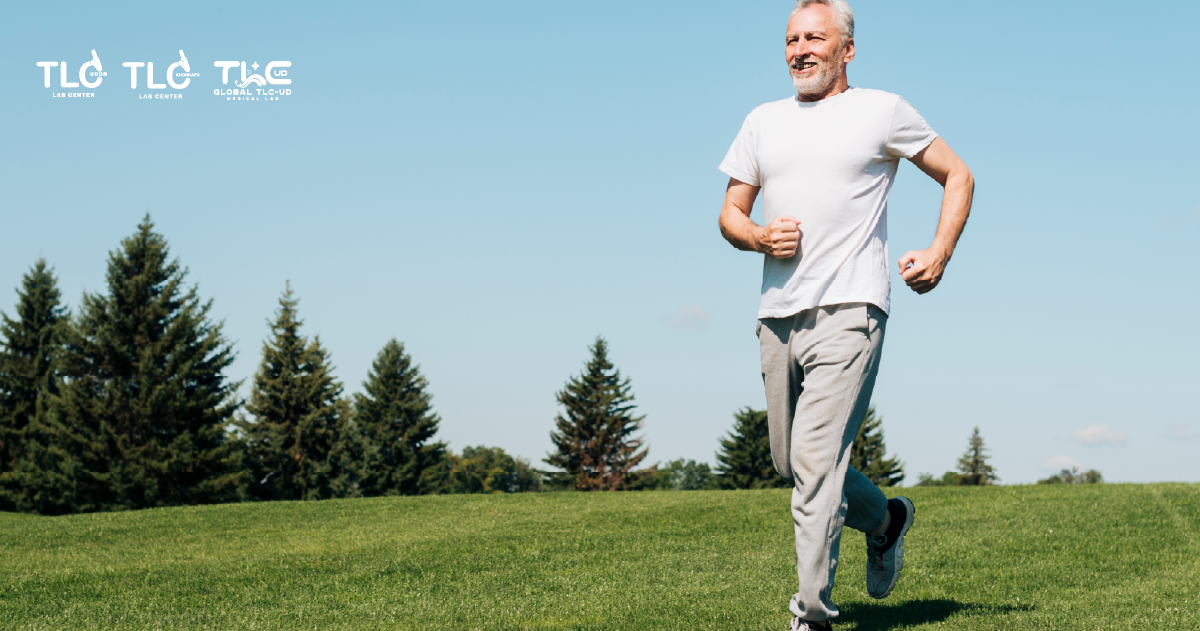The rainy season is a season to be aware for many medical issues, whether it is wet weather, humid, or difficult to get around. There is also a risk of contracting bacteria that come with humid air, such as a disease called melioidosis, one that often affects workers who are exposed to soil and water, who must then be very vigilant because they can be fatal conditions.
What is Melioidosis?
Burkholderia pseudomallei (B. pseudomallei) is a gram-negative bacterium that causes disease in humans and animals in tropical regions. In Thailand, this disease is more common in Isaan.
It occurs more often in people who work in agriculture and who have regular contact with soil and water because this bacterium spreads in the soil and water. It causes infections in parts such as the skin, lungs, bloodstream, and internal organs such as the brain, liver, and kidneys.
The incubation period in patients with acute symptoms is 1-21 days, but the average duration is 9 days.
How can people get infected?
- Skin wounds
- Drinking and eating contaminated food or water.
- Breathing in contaminated dust.
Risk group for infection:
Farmers because they are in barefoot contact with soil and water for long periods of time.

Existing diseases that carry an increased risk of infection on exposure :
- diabetes
- kidney disease
- liver disease
- thalassemia
- cancer
- HIV infection
- lung diseases
- Congestive heart failure
- tuberculosis disease
Symptoms
- Muscle pain and chest pain
- Wounds on the feet
- High fever
- Coughing, shortness of breath
- An upset stomach.
- Pus or abscesses forming on the body.
The symptoms and severity of the disease depend on the individual’s immunity and the amount of infection received. If the symptoms become more severe, you should see a doctor immediately to prevent the infection from entering the bloodstream.
Prevention of melioidosis
- Eat only cooked food that is clean and uncontaminated
- Drink clean and boiled water.
- Avoid stepping on the soil, and wading through water during the rainy season.
- Avoid being in the open air if there is rain or variable weather around.
- If a wound occurs, clean the wound immediately with clean water and disinfectants.
- Rubber gloves and boots must be worn when wading through water or handling dirt.
- Do not take decoctions (extractions of herbal produce), pot medicines (boiled Thai herbs), set medicines (such as an assortment of medicines,) or bolus (bolus is a single, large dose of medicine.)

Laboratory tests.
- Laboratory diagnosis by bacterial culture from specimens should be cultured from blood, urine, sputum, pus in various places.
- Melioidosis Ab (titer) (n.b. A titer is a laboratory test that measures the presence and amount of antibodies in blood.
References
- Kulnaree Sirisali and Sudarat Manochewpinit Blood collection: Impact on the quality of post-mortem laboratory services 1st edition, Bangkok: HT Press, 1998.
- Research Institute of Public Health Sciences, Department of Medical Sciences. Manual for collecting samples for laboratory testing. In: Diagnosis of melioidosis. Ministry of Health; pp. 97 – 98.
- Heymann DL., Editor, Control of Communicable Diseases Manual 19th Edition, American Association of Public Health, 2008.
- Mandell GL, Bennett JE, Dolin R. Mandell, Douglas, and Bennett’s, editor. Principles and Practice of Infectious Diseases. 7th ed. Vol.2. Philadelphia (USA): Elsevier; 2010: p.2872-2873.


